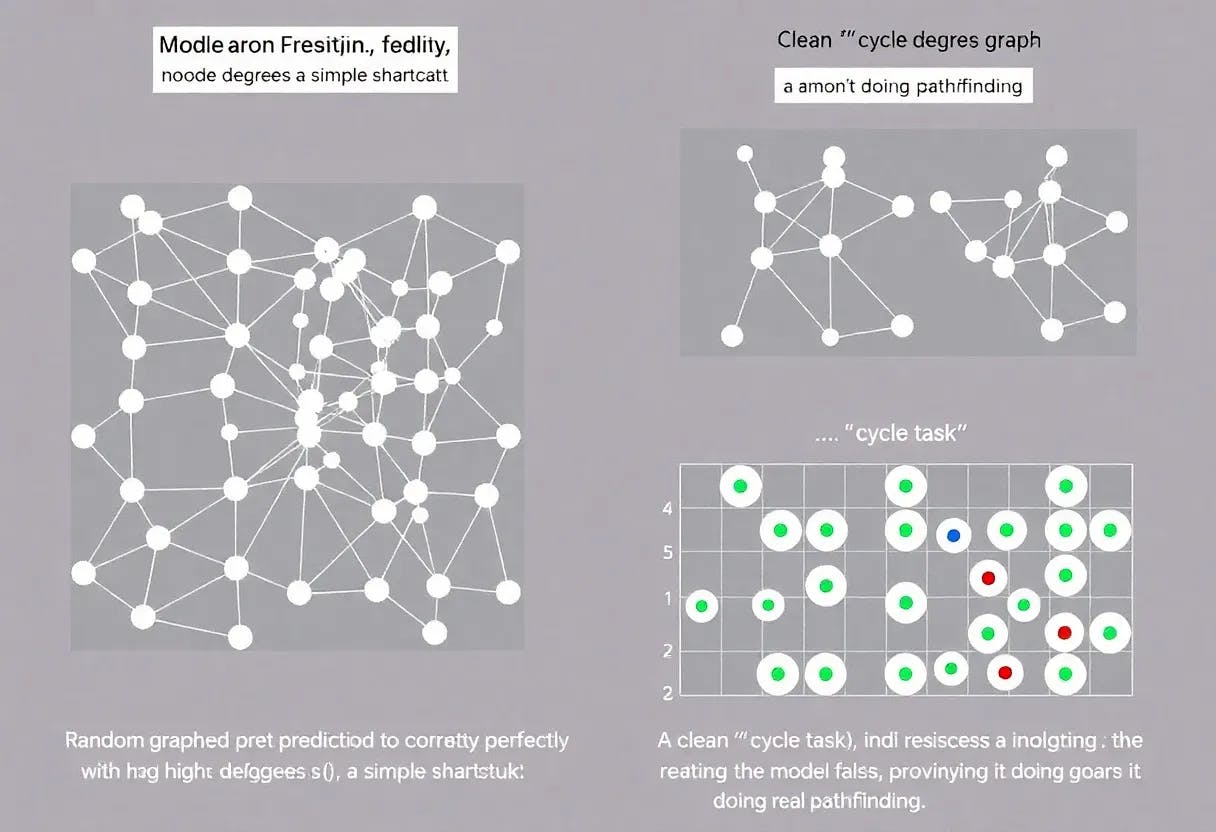The role of digital assets in the future of finance—significant or not—is not a settled debate yet, but more agnostics are finding practical reasons to become stablecoin converts.
The biggest news in the industry last week came from MoneyGram, the 85-year-old US company, which partnered with Crossmint on September 17 to integrate stablecoin payments into its global remittance rails. While longtime competitor Western Union and fintech rivals, such as Remitly, have stuck to pilots and backend integrations, MoneyGram could be the first legacy remittance player to roll out a consumer-facing stablecoin product.
The value proposition of stablecoins is now ingrained in memory: instant settlement (T+0), lower fees from cutting out intermediaries, deeper liquidity that is globally accessible, and none of the transfer caps that define traditional remittances.
A thriving stablecoin economy threatens the position of global banks and remittance companies that have long sat in the middle. The result is twofold: rising adoption among businesses and individuals, and a scramble by legacy institutions to keep digital assets from eating into their core markets.
Head-on collision for market control
Nigeria is a decent market for remittance giants such as Western Union and MoneyGram. With a huge diasporan population, the remittance inflow every year since 2010 has crossed $17 billion. Traditional banks in Nigeria partner with these remittance services to be cash pick-up points for customers receiving money from abroad, with the average settlement time usually taking more than five days (T+5).
In 2022, the year before MoneyGram was acquired and taken private, 91% of its revenue came from global money transfers. That same year, global remittance was about $843 billion; at 2.4% of the global remittance value, Nigeria alone is a decent market for MoneyGram to compete in.
Yet with stablecoins receiving attention, this threatens the competitive moat that businesses like MoneyGram and Western Union have built over the years.
The biggest winner in stablecoin adoption is Tether, the US firm issuing the USDT stablecoin, and one of the world’s most profitable companies, with $4.9 billion net profit in Q2 2025 alone. Nigerians transacted $22 billion in stablecoins between mid-2023 and mid-2024, according to Yellow Card, the pan-African stablecoin payments startup, with most of them opting for USDT.
In Nigeria, stablecoins have become the infrastructure for individuals, freelancers, and companies that need to hold or move dollars in an economy with a weaker currency and slow banks. People use them to hedge savings, receive international pay, send remittances, and settle suppliers.
Oluwatimilehin Oluwasanmi, CEO of Cryptonia, a Nigerian stablecoin-based payments startup, told that most of its users turn to digital assets for hedging against naira depreciation, making cross-border payments, accessing global digital services, and quick peer-to-peer settlements.
“Our [Cryptonia] biggest user groups are freelancers who bypass delays in dollar payouts, small businesses paying international suppliers without bank bottlenecks, and traders converting earnings quickly to local fiat,” he said.
Surprise institutional adoption of stablecoins
Institutional adoption of stablecoins has deepened beyond the retail stories that often dominate headlines. Chainalysis reported that energy companies and merchant payments dominate multi-million-dollar stablecoin transactions happening globally. What began as a hedge for individuals has become infrastructure for global industries moving large volumes of money.
Shiga Digital, a Nigerian stablecoin-based payments startup, positions itself at the centre of this shift. The startup pitches itself as the stablecoin bank for businesses, providing rails for companies that need predictable access to dollars. It counts oil and gas firms among its clients, alongside fintechs that run everything from international settlements to payroll.
“We service five fintechs that use stablecoins for different reasons,” said co-founder Dami Etomi in an interview with . “Everything from international settlements to moving investor money into Nigeria to running payroll for teams.”
Etomi’s perspective is shaped by his own career. He spent nearly a decade in the oil and gas sector, a market where cross-border settlements and dollar liquidity are crucial. His background, he said, made the gaps in Nigeria’s banking system obvious, forming the idea for Shiga as a platform tailored to corporates.
Etomi pointed to an example that shows how critical those rails have become. Mercury, the US fintech bank, stopped onboarding Nigerian startups after the country was placed on the FATF Greylist in 2023.
“The whole reason Nigerian startups use [Mercury] is to access USD from investors,” said Etomi. “The same fintechs that were excluded from services like Mercury can use stablecoins to wire their money. They don’t have to wait weeks or worry about being cut off because of their jurisdiction.”
In June, Tether backed Shiga, signalling confidence from the sector’s dominant player. Co-founder and CEO Abiola Shogbeni said institutional adoption for stablecoins for payments, payroll, and treasuries—and even for individuals—rests on trust.
“People worry about scams, and they lack knowledge about wallets,” he said. “Trust comes from making payments transparent and fast.”
Shiga’s strategy to build around stablecoins and provide deep FX liquidity pools for corporates reflects a broader trend it is witnessing across markets, where companies are adopting digital assets as a necessity. The demand is already here, Etomi said. The challenge is building platforms that can deliver it at scale.
A parallel system
The use of stablecoins is creating a parallel financial system in Nigeria, filling gaps left by banks.
“Stablecoins are how fintechs and businesses in Nigeria are surviving,” said Etomi. “They give companies a way to access and move dollars in real time when the traditional system has failed them.”
Institutional adoption is growing, but without clear regulatory frameworks across Africa, many corporates will remain reluctant to openly acknowledge their use. The result is that a parallel system expands quietly, without the transparency that would come if businesses could operate in the open.
Mark your calendars! Moonshot by is back in Lagos on October 15–16! Meet and learn from Africa’s top founders, creatives & tech leaders for 2 days of keynotes, mixers & future-forward ideas. Get your tickets now: moonshot..com











